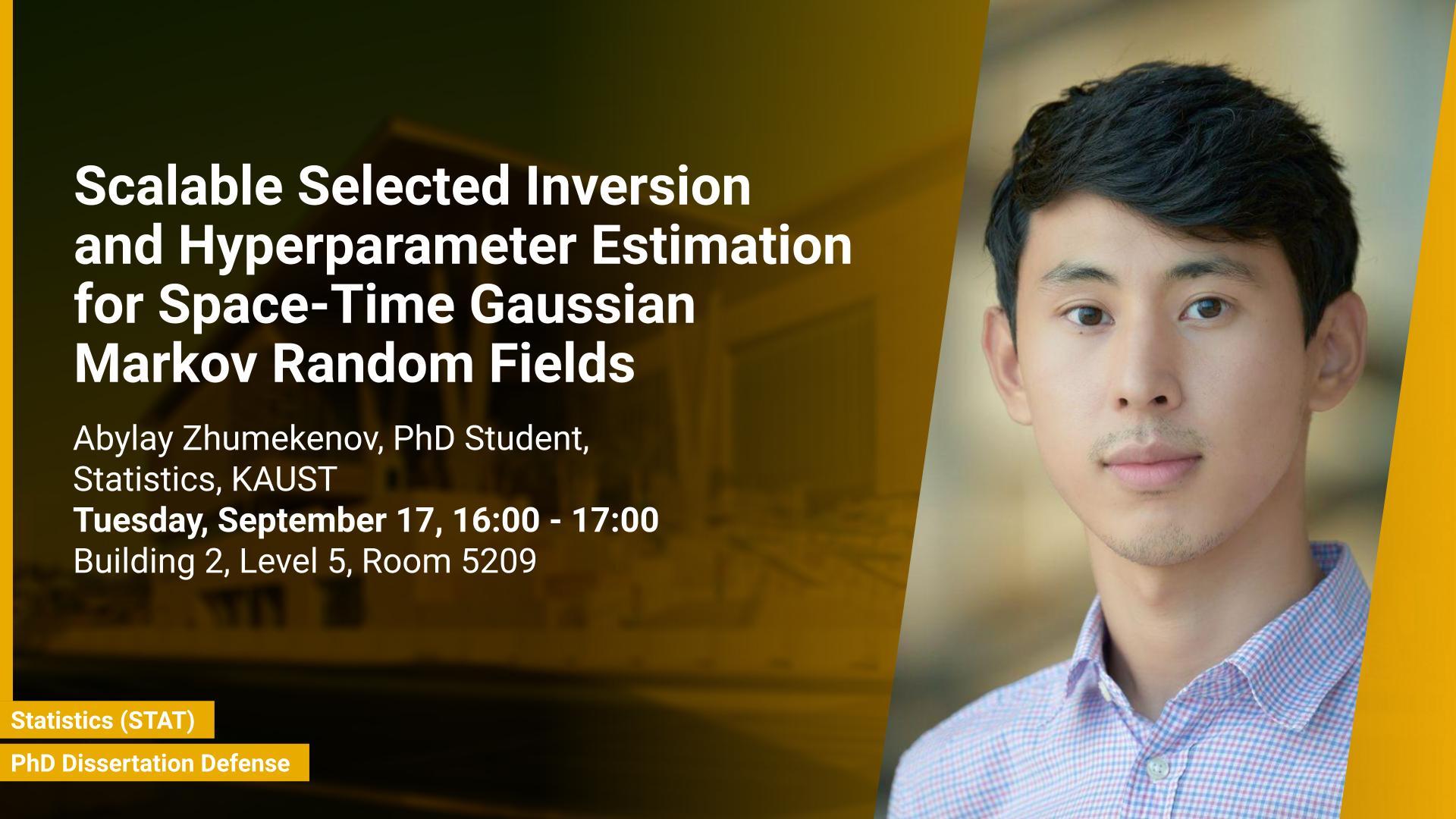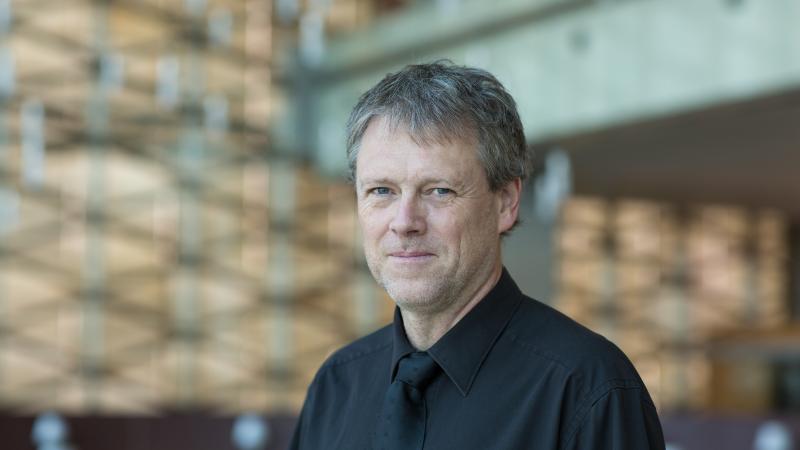Abstract
Performing Bayesian inference on large spatio-temporal models involves computing the inverse elements and derivatives of log-determinants of large sparse precision matrices. Traditional direct matrix factorization methods, such as Cholesky decomposition, fail to scale efficiently for large distributed problems. Conversely, iterative approaches for selected inversion and trace estimation have gained traction due to their low memory footprint and amenability to parallelization.
We propose a parallel hybrid approach for selected inversion based on domain decomposition, extending the Rao-Blackwellized Monte Carlo estimator for distributed precision matrices. This approach leverages the strengths of iterative Krylov subspace methods as global solvers and the efficiency of direct factorizations as local solvers, employing a divide-and-conquer strategy. By incorporating subdomain overlaps, our method enhances accuracy with minimal additional communication overhead. We further enhance the robustness of the algorithm by proposing a sampling-free estimator of the covariance.
We demonstrate the efficacy of our approach through performance improvements on both simulated models and extensive real-world data, including massive US daily temperature datasets. Our results highlight significant speed improvements and scalability, underscoring the potential of our hybrid approach for large-scale Bayesian inference in high-dimensional spatio-temporal applications.
Brief Biography
Abylay is a Ph.D. candidate in Bayesian Computational Statistics and Modeling group, led by Professor Håvard Rue. He received his B.Sc. in Mathematics (2017) and M.Sc. in Applied Mathematics (2019) from Nazarbayev University (Astana, Kazakhstan). He joined KAUST in Fall 2019 and has been studying scalable/parallel iterative linear algebra for large Gauss-Markov random fields.


